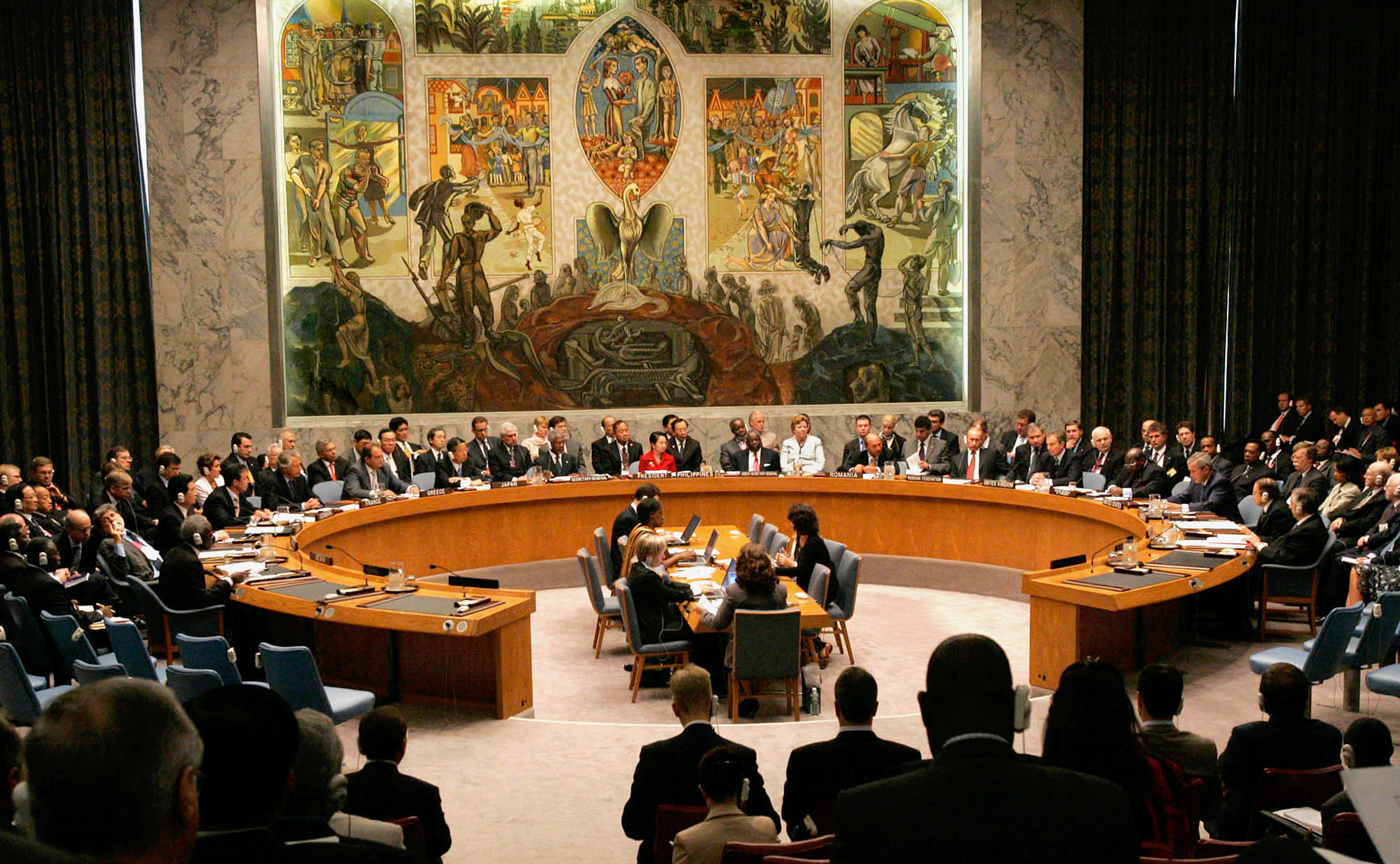ID :
380443
Tue, 09/15/2015 - 11:23
Auther :
Shortlink :
https://oananews.org//node/380443
The shortlink copeid
UN countries far from universal formula to expand SC - Russia’s UN envoy

THE UNITED NATIONS, September 15. /TASS/. UN member countries are still far from getting a universal formula needed for expanding the Security Council, which would have received the broadest support, Russia’s Permanent Representative at the world organisation Vitaly Churkin said following the resolution postponing debates with regard to the Security Council’s (SC) reform till the 70th session of the UN General Assembly.
Russia supported the document as the country is convinced that "top priority in the work on SC reform is a constant search for consensus decisions," Churkin said.
"Meanwhile, the negotiations on SC reform demonstrate that we are still far from elaborating a universal formula for expansion, which would have received the broadest support among members of the organisation," he said. Unfortunately, the situation has not changed during the 69th session of the General Assembly."
"The problem is rooted not in the methodology of talks but - much deeper - in principled disagreements on key issues of the SC reforming," he said.
Resumption of intergovernmental negotiations
On Monday, the 69th session of the General Assembly (GA) adopted a resolution that instructs to continue intergovernmental talks on the SC reform at the 70th session and recommends to convene a working group on fair representation at the SC in case the member countries would make a relevant decision.
Russia expects that, headed by Chairman of the 70th GA session Mogens Lykketoft, the SC reform "will be carried out in a calm, transparent and inclusive atmosphere, avoiding artificial temporary schedules," Churkin said.
"We call to exert maximum collective efforts for a laborious search of real compromises in the context of the SC reform," he said. "Such an approach, rather that unilateral and non-consensus decisions, may become a guarantee of our Organisation’s successful renovation and may guarantee that it would be capable of withstanding all present-day challenges, basing on consolidated and unquestioning support of all states forming it."
Fifty years without reforms
The UN Security Council underwent reforms over fifty years ago - back in 1963 - when its composition was expanded from eleven to 15 member countries, with five of them being permanent members with veto power - Russia, China, the United Kingdom, the United States and France. Five out of the rest ten SC members are replaced by other countries each year.
Intergovernmental negotiations have been underway over the past eight years on transformation of the SC following the eleven-year-long informal consultations.
As of today, some countries hope to become the Council’s permanent members. Thus, African nations contender for two seats while other states propose to establish a new category of the so-called ‘semi-permanent members’ elected not each two years but each eight years with the right to be re-elected. Besides, voices can be heard calling to cancel or limit veto power, which Russia categorically opposes.
On September 11, Churkin said in an interview with TASS that expansion of the UN Security Council members would hardly make it more effective. Even 15 members of UN Security Council "sometimes find it hard to reach an agreement," he noted. "A usual discussion in the UN Security Council last for two hours. And can you imagine what would happen if there are 25 members? Everyone wants to speak out. Security Council holds 400 sessions per year," he explained.
"Three components are needed" for enhancing the SC efficiency, Churkin said adding "firstly, a correctly made decision, secondly, a political will and finally, resources."
Read more





